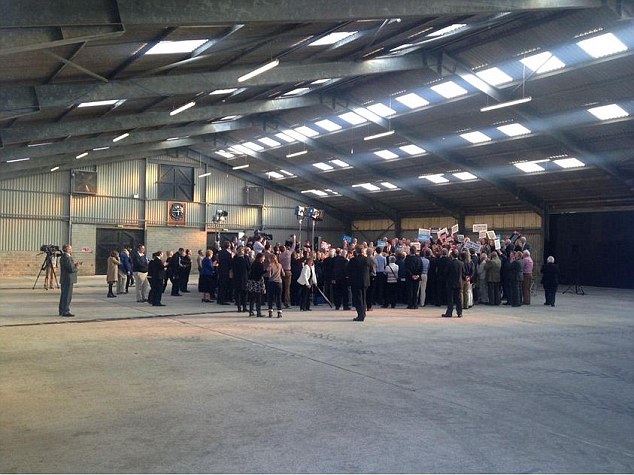People get ready. I think The Guardian is right today, the election countdown has begun. Last week I thought it would look indecent and out of character if Brown rushed to the people so early, just because he was ahead in the polls. The newspapers were split over the weekend about what he should do. But by the beginning of this week it became clear that the Prime Minister would now look weak and indecisive if he fails to call an early election. By allowing Ministers such as Ed Balls to raise the prospect of an autumn poll he signalled his desire for one. It is one of those occasions where those who attempt to spin the media are spun.
On a more practical note, media planners and political units I speak to are assuming that the Comprehensive Spending Review will be brought forward to Monday thus allowing Brown to call an election in time to avoid the half-term holidays but hit November 1st. Leave is being cancelled, ballot box graphics are being created and election night studios are being booked.
POLIS will be assembling its own team of experts to provide insights in to the campaign and the media coverage and on November 8th we will have a public debate on how Election 2007 was reported. So get on with it Gordon and name that date.




Though there is certainly all the hype of an impending election, I am still not convinced (though I could be proved wrong at any time). In my view calling a snap election now would be cynical and undermine public trust.
Making the Conservatives think that they are fighting an election battle and then calling a date for next year would also be cynical, but much more astute.
By Forcing the Tories on to an election platform, Brown has elicited policy responses, something not really seen from the opposition before. Now that their policies are out and about it would be far more sensible to dismantle them over time instead of rushing.
My thinking in this matter comes from Brown’s visit to Iraq this week. If we are to assume that it was politically motivated (and not simple logistics) then it would seem far more logical to dampen the Tory conference, which he has done, and then swamp their policies in the coming weeks before announcing an election for next year. Calling one earlier his image could be damaged by accusations of spin and a khaki vote.
All of this, however, may still be undermined by economic considerations about which Brown is sure to have more information than any of us.
The underlying factor, however, may still be the economy about which Brown is sure to have more information than any of us.
Josh,
You may be right. We will find out this weekend. I suspect even Gordon has a relatively ‘open mind’ about this. If it is not November 1st, then it wouldn’t be the first time I have made an erroneous political predicition!
It’s interesting talking to Americans, they find it bizarre that we don’t have fixed election dates.
I personally favour fixed terms, but that is not to say that there is not much to be lost if they were adopted.
For one thing, being subjected to the likely two year election build up, as has become standard in the U.S., may actually cause voters to care much less on polling day. Sustaining the fervour with which we are supposed to approach the ballot box seems hard enough for most people as it is.
Secondly, with fixed terms, the timing of issues outside of the government’s control start to become major factors in election results. Whilst the prerogative to call an election after a great surge of nationalism, for instance in the face of natural disaster, remains in the system we have, the decision to call an election in this way can be scrutinised in turn by the public.
Part of me quite likes the idea of a balance between the two, whereby three years into any parliamentary term, a coin is flipped every six months to decide if an election should be called (with a 5 year limit). This means that no administration can get too cosy or complacent, but we avoid excessive campaigning. I’m sure it wouldn’t work, but who’s to say Brown isn’t flipping a coin right now?